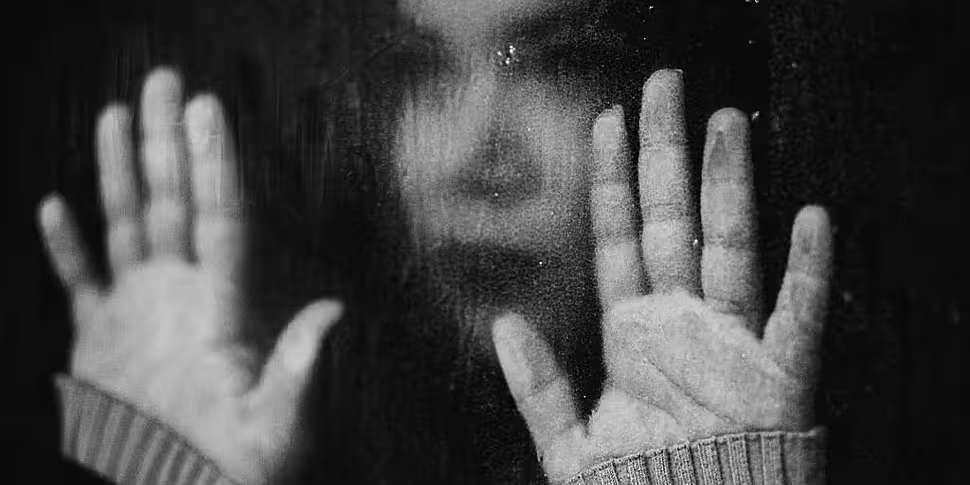People experiencing mental health difficulties are being urged to come forward and seek help.
It comes as new figures show there has been an increase in the number of appointments scheduled with the HSE's Mental Health Services this year.
There have been 105,403 between January and the end of June - including face-to-face, online and phone appointments - compared to 103,076 for the same period in 2019.
But Paul Gilligan, CEO of St Patrick's Mental Health Services, said the coronavirus pandemic has seen people shy away from seeking help.
He told Newstalk Breakfast: "I think people are very nervous about reaching out to health services, and that's the reality.
"It's the sad reality - I think there's an awful lot of fear.
"I think people, even thought they're experiencing mental health difficulties they're trying to deal with them themselves - which is positive - but I think there's many who need help who aren't seeking that help.
"If you look at the research St Patrick's Mental Health Services did there in June, 27% of people are saying that they or a family member have experienced mental health difficulties for the first time during the lockdown.
"So that is quite significant.
"Forty-five percent have expressed concern for theirs or a family members' mental health - when it comes to children, 54% of parents are concerned about their children's mental health, and 34% believe the lockdown restrictions and the pandemic have had an impact on their children's mental health.
"I think the picture we're seeing is one where there's going to be an impact on mental health."
He said the coronavirus has created a fear: "People worry that if they go into a hospital or if they go to a clinic that they're more at risk than perhaps other places.
"So I think there's that obstacle to overcome".
He said a phone and online service has offered services through the pandemic.
"We've introduced a homecare service which is effectively giving all the components of in-patient care but it's doing it remotely effectively.
"It's been really received very well, particularly actually for parents and young people with mental health difficulties.
"There is a significant amount of stuff being presented online.
"But... for example if you take people who require group intervention, it's probably easier for them to start their group, and more therapeutically effective for them to start the group, face-to-face and then move to online".
"So what we're certainly seeing, and what we saw over the last number of months, is people expressing a lot of distress - but also, remember, people feeling 'I don't want to let myself down, my family down, everybody's coping here, and I'm the one who's seeking help'.
"That really speaks to the stigma that prevents a lot of people from seeking help when they need help - and I think we also have to tackle that.
"The sort of 'altogether' message is again fantastic, but if you're experiencing mental health difficulty, we know that often people feel dis-empowered, they feel a level of shame - they shouldn't but that's what they feel.
"And then if you feel that everybody out there is pulling together to fight this pandemic and you're the one who's looking for help, that can be really difficult.
"We've tried to re-frame that and say 'look, if you have a mental health difficulty it's actually a sign of courage to seek help'".
Anyone affected by issued raised in this article can contact St Patrick’s Mental Health Services on 01-249-3333









